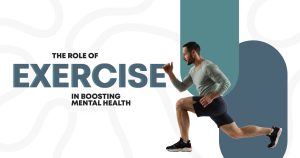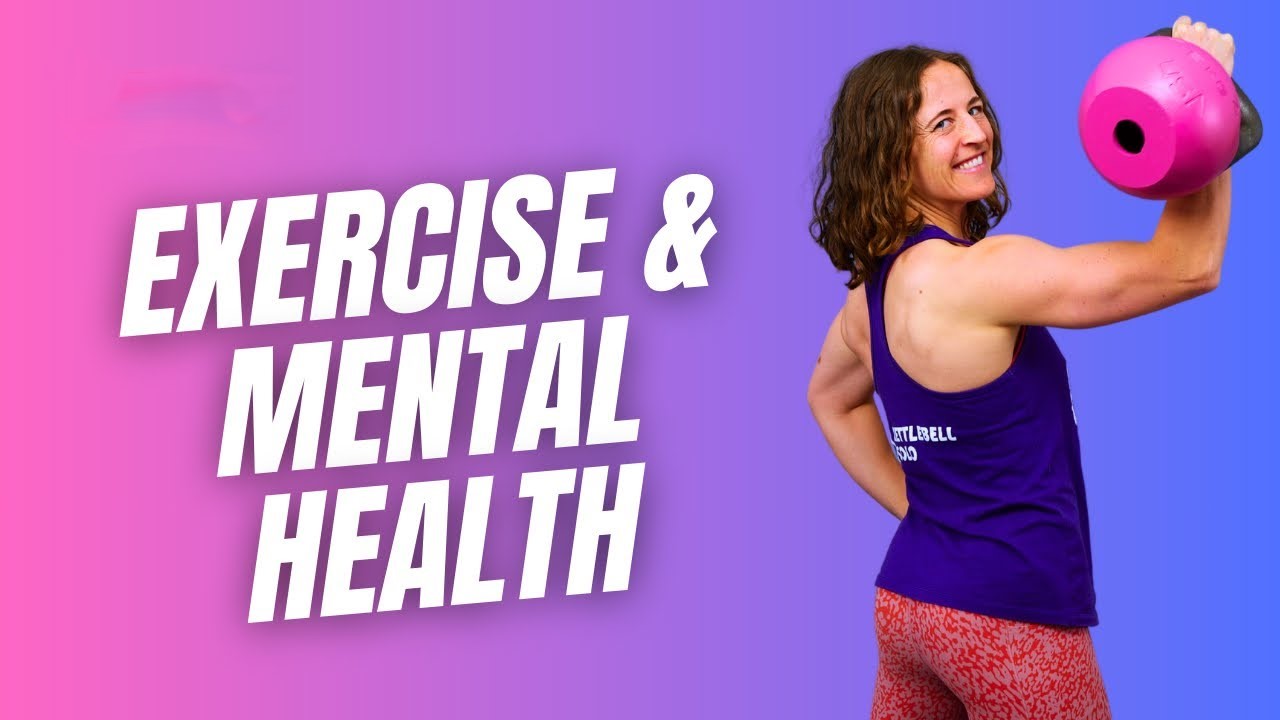Introduction
When it comes to fitness, most people think about physical strength, endurance, and muscle growth. However, there is a crucial component often overlooked mental health. Mental well-being plays a key role in fitness, influencing everything from motivation to physical performance. In this article, we’ll explore the strong connection between mental health and fitness, and how maintaining a balanced approach can enhance your overall well-being.
What is the Connection Between Mental Health and Fitness?

Mental health and fitness are closely linked, with each influencing the other. Fitness is not just about the body; it’s also about the mind. Regular physical activity can improve mental well-being by reducing stress, anxiety, and depression. On the other hand, mental health challenges can hinder your motivation and physical performance. Understanding this connection is essential for achieving a balanced fitness routine that benefits both body and mind.
Benefits of Focusing on Mental Health in Fitness

Focusing on mental health in fitness offers a wide range of benefits. Exercise is known to release endorphins, which are natural mood boosters. By adding mental health strategies to fitness routines, people experience less stress and more positive energy. Regular physical activity helps clear the mind, improve sleep, and increase self-esteem. It also provides an opportunity for individuals to take a break from the pressures of daily life. Combining physical and mental health practices leads to a more balanced, healthy lifestyle that supports overall well-being, making it easier to face challenges and stay motivated.
The Role of Mental Health in a Balanced Fitness Routine

The role of mental health in a balanced fitness routine is becoming more essential in 2025. Fitness is no longer just about pushing your limits physically it also includes caring for your mental state. A well-rounded fitness routine takes both body and mind into account, ensuring that people not only get stronger physically but also feel better emotionally. Activities like yoga, meditation, and mindfulness exercises are gaining popularity alongside traditional workouts like running or weightlifting. By integrating mental health practices into fitness routines, individuals can reduce feelings of stress, boost their emotional resilience, and improve their overall outlook on life.
The Impact of Mental Health on Physical Performance

A positive mindset and good mental health can lead to better physical performance. When you’re mentally strong, you’re more likely to push through challenges, stay consistent with your workouts, and avoid burnout. Stress, anxiety, and depression, on the other hand, can reduce your energy levels and make it harder to stay committed to your fitness goals.
Studies show that individuals who have a positive outlook on exercise tend to perform better during physical activities, whether it’s running, weightlifting, or even yoga. Mental health can affect your recovery, flexibility, and endurance. By improving your mental well-being, you enhance your body’s ability to handle the demands of fitness.
How Exercise Benefits Mental Health

Exercise is one of the best ways to boost your mood and improve mental health. Regular physical activity releases endorphins, often referred to as “feel-good” hormones. These hormones reduce pain and stress, while also improving sleep and increasing overall happiness.
Exercise is known to:
- Reduce symptoms of depression and anxiety
- Increase self-esteem and self-confidence
- Improve cognitive function and memory
- Help manage stress
- Promote better sleep patterns
These benefits highlight the importance of not only focusing on physical fitness but also prioritizing mental well-being through exercise.
Tips for Maintaining a Mental Health and Fitness

- Set Realistic Goals: Start with achievable fitness goals to avoid feeling overwhelmed. Celebrate each milestone, no matter how small.
- Practice Mindfulness: Meditation, yoga, or simply deep breathing exercises can help reduce stress and improve mental clarity before or after workouts.
- Stay Consistent: A balanced fitness routine is about consistency, not intensity. Find activities that you enjoy, such as walking, cycling, or swimming.
- Mix Mental and Physical Exercises: Include activities that engage both mind and body, like yoga, Pilates, or tai chi, to strengthen mental focus while improving flexibility and strength.
- Get Support: Talk to a mental health professional if you’re struggling with motivation or mental health challenges. Combining therapy with exercise can be highly effective.
Mental Health Challenges and Fitness Motivation
Even with the knowledge that exercise benefits mental health, it can sometimes be challenging to stay motivated, especially when you’re feeling mentally drained. Mental health issues like anxiety, depression, or stress can make it hard to get started with a workout routine. This is why it’s important to approach fitness with a mindset that acknowledges both mental and physical aspects.
To overcome these barriers, try setting achievable goals, practicing mindfulness, and celebrating small victories. You don’t have to go all-out every day sometimes, a simple walk or light stretching can make a big difference. By taking a balanced approach, you can maintain a sustainable fitness routine that supports your mental health.
The Future of Fitness and Mental Health: Striving for Balance

As we continue to understand the powerful connection between mental health and fitness, future trends in wellness will likely focus even more on creating balanced routines that address both physical and mental well-being. Fitness programs are becoming more mindful of the need to include mental health elements, such as mindfulness practices, relaxation techniques, and stress management into their regimens. This holistic approach ensures that participants not only build strength but also cultivate a positive mental attitude, leading to better long-term results.
Comparative Table: Mental Health and Fitness Benefits
| Benefit | Mental Health Impact | Physical Fitness Impact |
|---|---|---|
| Stress Reduction | Lowers cortisol levels, reduces stress | Enhances endurance and stamina |
| Improved Sleep | Helps regulate sleep patterns | Aids in muscle recovery and energy levels |
| Increased Endorphins | Boosts mood, reduces anxiety and depression | Improves physical performance during exercise |
| Better Cognitive Function | Enhances focus, memory, and clarity | Supports coordination and skill development |
| Self-Esteem & Confidence | Elevates self-worth, combats negative thoughts | Encourages continued effort in physical activities |
Conclusion
Incorporating mental health into your fitness routine isn’t just a trend it’s a necessity for achieving long-term well-being. By recognizing the role of mental health in fitness, and adopting a balanced approach, you can optimize your physical performance while enhancing your overall mental strength. Remember, both the mind and body need care and attention, and when they work together, the results are powerful.
Call to Action
Ready to take your fitness journey to the next level? Start today by prioritizing both your mental health and physical fitness. Explore our range of fitness programs that focus on a balanced approach to health, and take the first step toward a healthier, happier you.




